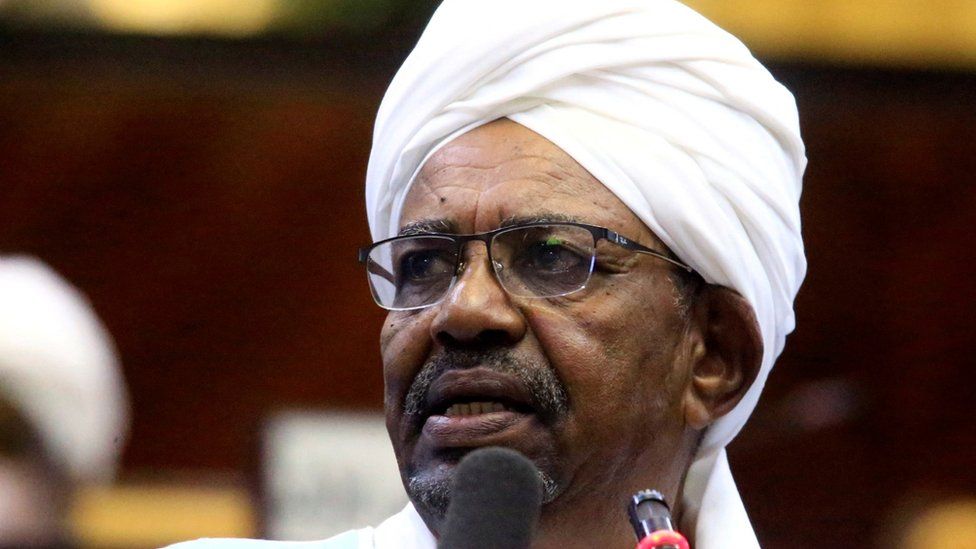-

-
-
Loading

Loading

A TikTok campaign utilizing artificial intelligence to impersonate former Sudanese leader Omar al-Bashir has gained significant attention online, adding to the confusion in a country already torn apart by civil war. The anonymous account, which started posting videos in late August, claims to have leaked recordings of the ex-president. However, experts have determined that the voice in the recordings is fake. Bashir, who has been accused of war crimes and was overthrown by the military in 2019, has not been seen in public for a year and is believed to be seriously ill. The uncertainty surrounding his whereabouts exacerbates the crisis in a country currently experiencing conflicts between the military and rival militia groups. Experts highlight the significance of campaigns like this, as they demonstrate how new tools can spread fake content quickly and inexpensively through social media. The accessibility of sophisticated audio and video manipulation technology raises concerns, as it allows individuals with little technical expertise to create convincing fake content. The recordings, uploaded to a channel called The Voice of Sudan, comprise a mixture of old clips, news reports, and alleged leaked recordings attributed to Bashir. They often pretend to be taken from meetings or phone conversations and have a grainy quality reminiscent of poor telephone connection. To authenticate the recordings, BBC consulted a team of Sudan experts, who determined that they were unlikely to be recent due to the ex-president's health condition. Furthermore, evidence emerged suggesting that voice conversion software was used to mimic Bashir's voice. Analysis of the recordings revealed similarities in speech and silence patterns, indicating that they were likely sourced from a blogger's live broadcasts. The motivations behind the campaign remain unclear, although one consistent narrative involves criticism of General Abdel Fattah Burhan, the head of the Sudanese army. The impersonation of Bashir on such a widespread scale has broader implications for the region and has the potential to deceive audiences. AI experts have long been concerned about the proliferation of fake audio and video content, which can fuel disinformation campaigns and disrupt social stability. The challenge lies in verifying the authenticity of audio recordings, particularly during times of social unrest. While the technology to detect synthetic audio is still in its early stages, the technology to mimic voices is already advanced. After the BBC alerted TikTok to the campaign, the account responsible was banned.